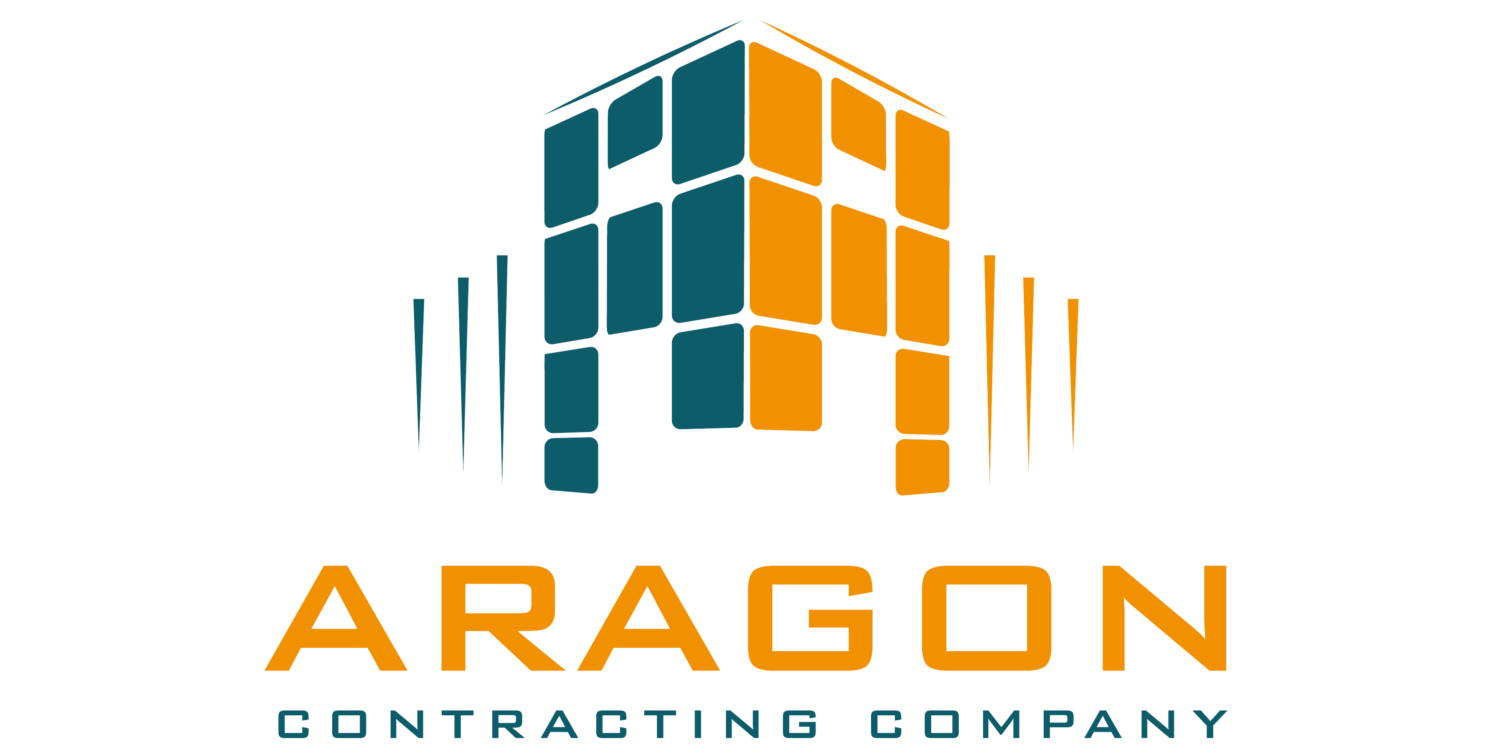
The Importance of Preliminary Engineering Planning to Ensure the Success of Construction Projects
Learn about the importance of preliminary engineering planning and its role in the success of construction projects, and how it can help you save time, costs, and ensure the quality of the final project.
Article:
When it comes to executing construction projects, preliminary engineering planning plays a pivotal role in ensuring the success of the project from start to finish. The success of any construction project—whether it’s a residential villa, a commercial building, or an industrial project—largely depends on the strength of planning and organization.
- Defining Needs and Vision
The first step in the engineering planning process is to define the needs and vision for the project. You should have a clear vision of what you want to achieve, including the design of the building, the required space, and the essential functions it should perform. This ensures that all stakeholders are working toward a unified goal. - Financial Assessment and Budget Preparation
Good engineering planning also helps you develop accurate cost estimates related to the project. By assessing the project’s needs and required materials, you can prepare an appropriate budget that considers all aspects of construction, from purchasing materials to labor costs. This step reduces the risk of budget overruns and ensures the project is executed within available resources. - Geographical and Site Assessment
Before starting any construction project, it is essential to conduct a comprehensive assessment of the geographical site. This includes analyzing the soil, climate, and available space. Through this step, engineers can anticipate any challenges the project may face due to natural or environmental factors and plan the design and construction accordingly. - Preparing Engineering Drawings
Engineering drawings are a key tool in any construction project. By creating precise and comprehensive drawings, all engineering details related to the construction are defined, including foundations, structural framework, electrical and plumbing systems, as well as internal and external finishes. Accurate engineering drawings help avoid mistakes and reduce modifications during the construction phases. - Coordination Among Different Teams
Through preliminary planning, coordination among all teams involved in the project can be improved. Every construction project requires the participation of numerous specialized teams, including engineers, workers, and technicians. Preliminary planning ensures that all teams work harmoniously and helps avoid any conflicts or delays resulting from lack of coordination. - Time Management and Scheduling
Preliminary planning can assist in managing time more effectively. When construction phases are defined and precise schedules are established, project progress can be tracked, ensuring no delays occur. Good time management guarantees that the project is delivered on time without compromising quality. - Ensuring Quality and Safety
One of the main benefits of preliminary engineering planning is ensuring quality and safety throughout all construction phases. By assessing expected risks and planning to mitigate them, high standards of quality and safety can be achieved. This protects workers and the building itself from potential hazards and ensures the construction will have a long lifespan. - Reducing Unplanned Modifications
Good engineering planning minimizes the need for unplanned modifications during the construction process. When drawings and budgets are well-prepared, the likelihood of unexpected changes that lead to increased costs or delays in the schedule decreases. This makes the construction process more efficient and saves a lot of time and money. - Achieving Project Sustainability
Through preliminary planning, sustainable construction techniques can be integrated, such as using environmentally friendly materials and renewable energy systems. Good planning contributes to higher efficiency in energy and resource consumption, making the project more sustainable and eco-friendly in the long run.
Conclusion
Preliminary engineering planning is a key factor in the success of any construction project. From defining vision and needs to managing costs, time, and ensuring quality, preliminary planning helps achieve a high-quality construction project without unwanted surprises. A successful contracting company recognizes that investing in engineering planning is the key to achieving success in any project.

0 comments
Write a comment